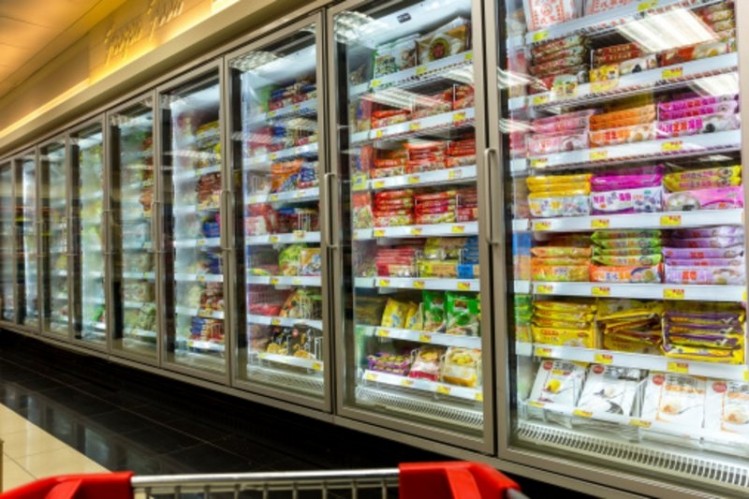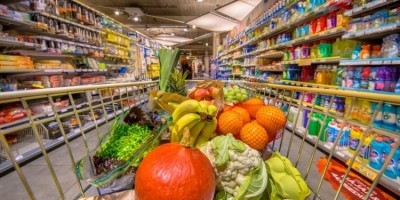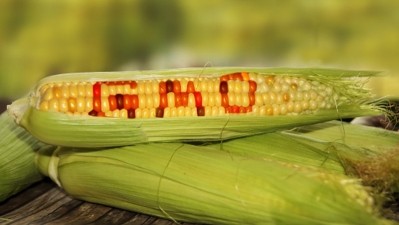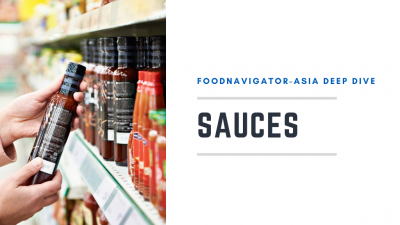COVID-19 and grocery shopping: Frozen foods and alcohol come out on top in APAC amidst pandemic

Several food categories saw growth in sales – especially with many consumers panic-buying and stockpiling at one point – but none more so than frozen foods.
“Frozen foods have seen the biggest jump in popularity in APAC markets - especially Hong Kong, where 58% or nearly three in five [are] buying more of them,” stated YouGov International FMCG Report 2021.
“In fact, APAC markets account for the top two ‘increasers’ on a global scale [which are] Hong Kong which grew 58% and Singapore which grew 40%. Even at the lower end of the scale, numbers tend hovered around the global average (29%) such as Australia with 29%.”
That said, India registered as an outlier for the APAC region, with a -7% decrease, most likely due to the lack of and underdeveloped cold chain and logistics conditions in the country, no doubt now under even more pressure and strain with COVID-19 impacts dealing a further blow.
“A greater proportion of Indian consumers have decreased their consumption of frozen foods than in any other market featured in our study,” said the authors.
The picture is very different though when it comes to the region’s other big winner - alcohol. Similar to frozen foods, alcohol also saw enormous growth in APAC throughout the pandemic, but dissimilar to frozen foods, the biggest grower here was India.
“[In terms of increased alcohol purchase and consumption], this was particularly high amongst Indian consumers at three in ten people (29%),” stated the report.
“This was followed closely behind by China at 27% whereas the lowest levels of consumption in the region were found in Indonesia – that said, those with increased alcohol intake still outnumbered those who did the opposite (16% vs. 11%).”
India’s alcohol market is thriving despite consumption being banned in several states/Union Territories. India also has strict regulations in place for zero-alcohol beers and these along with local excise policies have contributed to the country being the first ever to launch a ‘super-mild beer’ category (less than 3.5% ABV).
For all F&B categories and purchases, APAC also registered higher levels of intent and usage of digital platforms to make purchases, indicating a brighter future for online grocery shopping services in this region than other, more developed markets.
“The three largest nations in Asia by populations also have the most consumers planning to increase their use of these services – these are India (67%), China (64%) and Indonesia (63%),” said the report authors.
“Even in the Asian markets where intent is lower, more than half of the public (Singapore 53%; Hong Kong 53%) still plan to do more online shopping and arrange more online deliveries.
“[This is all significantly more than in western markets such as the United States (34%), the United Kingdom (38%) or Germany (26%).”
As such, it makes sense for online shopping platforms such as Lazada and Shopee to have centred focus and operations in Asia, as this is where the greatest growth is to be expected based on these findings.
APAC and sustainability
APAC consumers also indicated that after the crisis, shopping more sustainably will be a major area of focus in everyday shopping.
According to the report, 79% of Indonesians indicated they would buy more sustainable products when the pandemic is over, as did 65% of Chinese consumers, 53% of Singapore consumers and Hong Kong consumers, and 50% of Australian consumers.
Whilst the intentions are noble and positive, from a packaging perspective, it is worthwhile debating the feasibility of this in countries such as Indonesia, where the tropical climate has remained a continuous challenge towards the development of sustainable packaging, even for one of the world’s largest F&B firms, Nestle.
In addition to this, many food firms have repeatedly emphasise the necessity of plastic to protect food products, and although much is being done to improve recycling systems, it is unlikely that major changes would have taken place at large scale by the end of the pandemic.
The likelihood of this happening in Australia is higher, with more recycling systems already in place and more technology already in the works to develop more sustainable packaging – but if Indonesian consumers truly want to shop more sustainably, more thought will need to be given to the packaging of the products purchased whether in grocery stores or online.


















